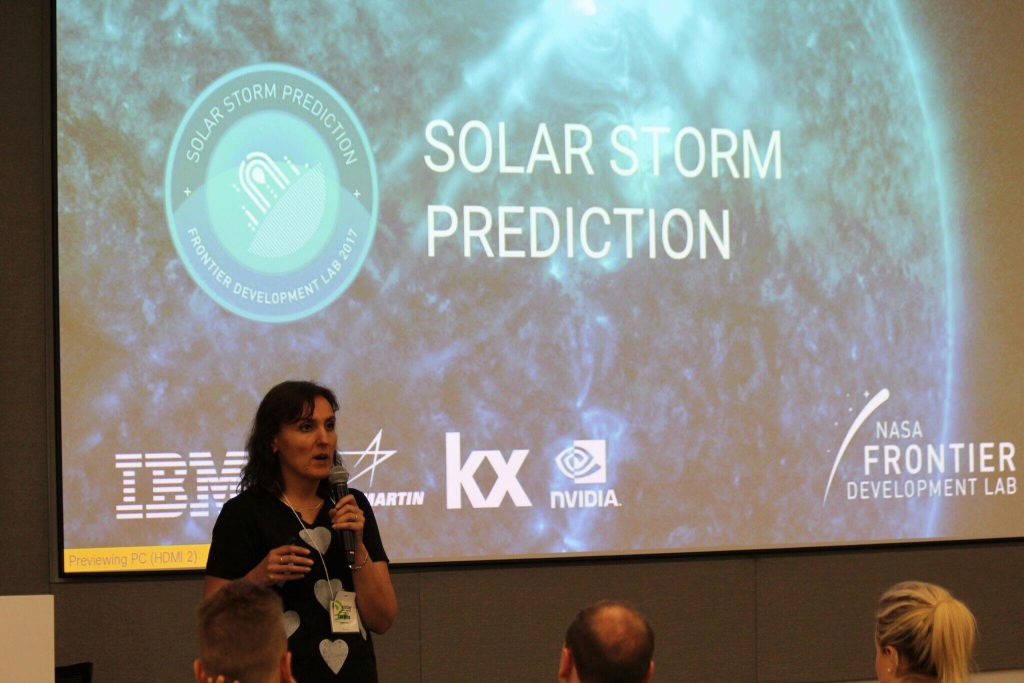All-Seeing Eye: Dr. Anamaria Berea
By Kurt Ger
As I opened up Zoom to get to my interview with Dr. Berea, I felt nervous. The brief hour I’d spent looking her up beforehand to get an idea of what I could ask had returned entirely too many answers. A PhD in economics, another in computational social sciences, winning a Keck Futures Initiative grant as a postdoc, her research published in six places and supported by institutions across the United States, data scientist and AI mentor at the NASA/SETI Frontier Development Lab… I was beginning to think the list had covered enough for a lifetime, and it was definitely far too long to go over in a conversation that would last half an hour at the longest. Even if I could figure out what to ask, every topic I picked seemed distant from the others.
Turns out, doing so many things that might look disconnected was no mistake — it’s actually a large part of her approach to science:

“When I was an undergrad in Romania, I really liked the idea of complex systems and complex behavior. Since then, I’ve grown very curious about different phenomena in different aspects of social and biological systems, and I like looking at science at large, and the history and philosophy of science, to see how we can become better scientists. That was what got me started, the rest of my career has been branching out. I’ve learned a lot doing that, and I still do.”
Keeping her eyes open for every detail and opportunity has even led her to where she is now, in BMSIS:
“[What led me to Blue Marble Space] was definitely astrobiology. I do think astrobiology is one of those truly interdisciplinary, encompassing fields where you can apply everything you’ve learned in almost any field, from biology and complex systems to social and collective behavior. You can think of it very broadly, as trying to understand more about the relationships between different systems and subsystems, and what makes some systems thrive and makes others die. So when I found out about astrobiology and BMSIS, I’d thought I’d found the place I could apply everything I know from a variety of fields. BMSIS was the place I could do that kind of research, and have the freedom to think on more unusual terms.”
When we say “I’ve looked everywhere for this thing”, we generally don’t mean it. That cool July evening, I got to interview somebody who does.
Dr. Berea’s widened, multifaceted approach to science and knowledge looks for answers in places we might not normally think of, and ensures we don’t miss anything in our search.
Kurt Ger is a student at Colgate University and a Research Associate with the BMSIS Young Scientist Program.
